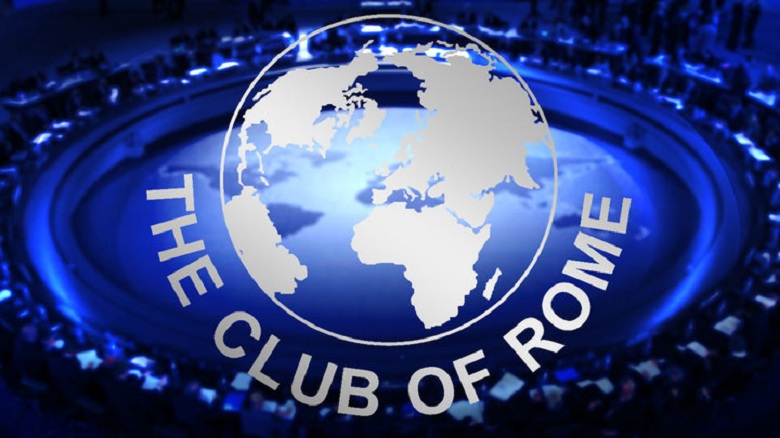Club of Rome
The Club of Rome is an international public organization (think tank) founded by the Italian industrialist Aurelio Peccei (who became its first president) and the OECD Director General for Science, Alexander King, on April 6-7, 1968, uniting representatives of the world political, financial, cultural and scientific elite. The organization has contributed significantly to the study of the future of the biosphere and promoted the idea of harmonizing the relationship between man and nature.
One of the main tasks of the Club of Rome from the beginning was to attract the attention of the world community to global problems through its reports. The Club’s commissioning of the reports determines only the topic and guarantees the financing of scientific research, but in no way affects the course of the work or its results and conclusions; the authors of the reports, including those who are members of the Club, enjoy complete freedom and independence. After receiving a report, the Club reviews and approves it, usually during an annual conference, often in the presence of the general public — members of the public, academia, politicians, the press — and then disseminates the results of the research by publishing the reports and holding discussions in different audiences and countries around the world.
The Club of Rome organizes large-scale research on a wide range of issues, but mostly in the socio-economic field.
Activities of the Club of Rome include a wide range of specific scientific developments, which gave rise to such a new direction of scientific research as global modeling, global problems, general philosophical reasoning about human existence in the modern world, the values of life and the prospects of human development. Works in the field of global modeling, the construction of the first computer models of the world, criticism of negative trends in Western civilization, debunking the technocratic myth of economic growth as the most effective means of solving all problems, searching for ways to humanize man and the world, condemning the arms race, calling on the world community to combine efforts, stop interethnic strife, preserve the environment, improve human welfare and quality of life — all this represents the positive aspects of Rome Club activity.
Theoretical studies of the Club of Rome representatives as well as research methodology are used in various sciences.
Practical recommendations are taken into account when planning the socio-economic development of individual countries, industries, corporations and firms.

